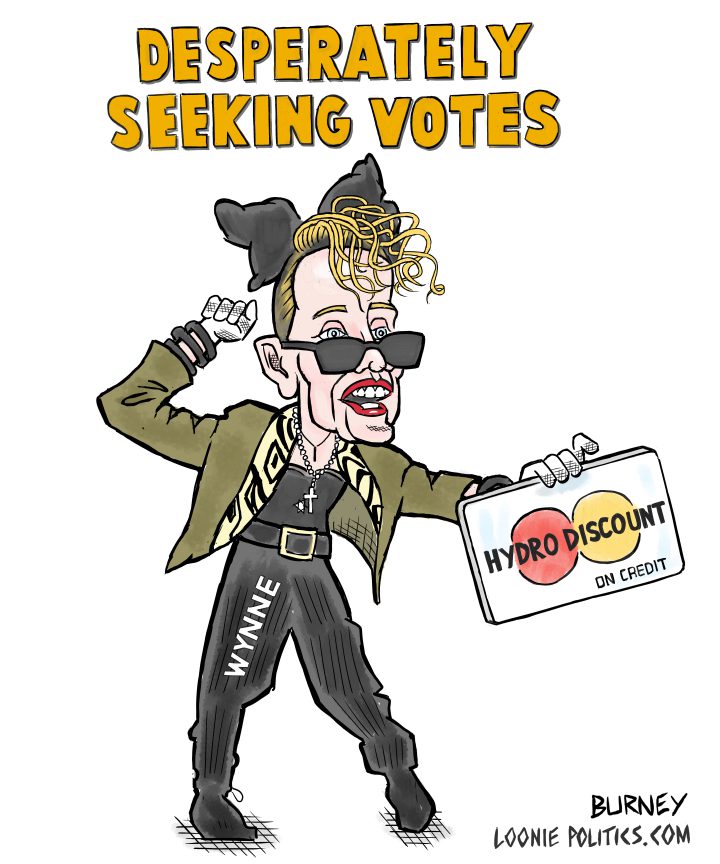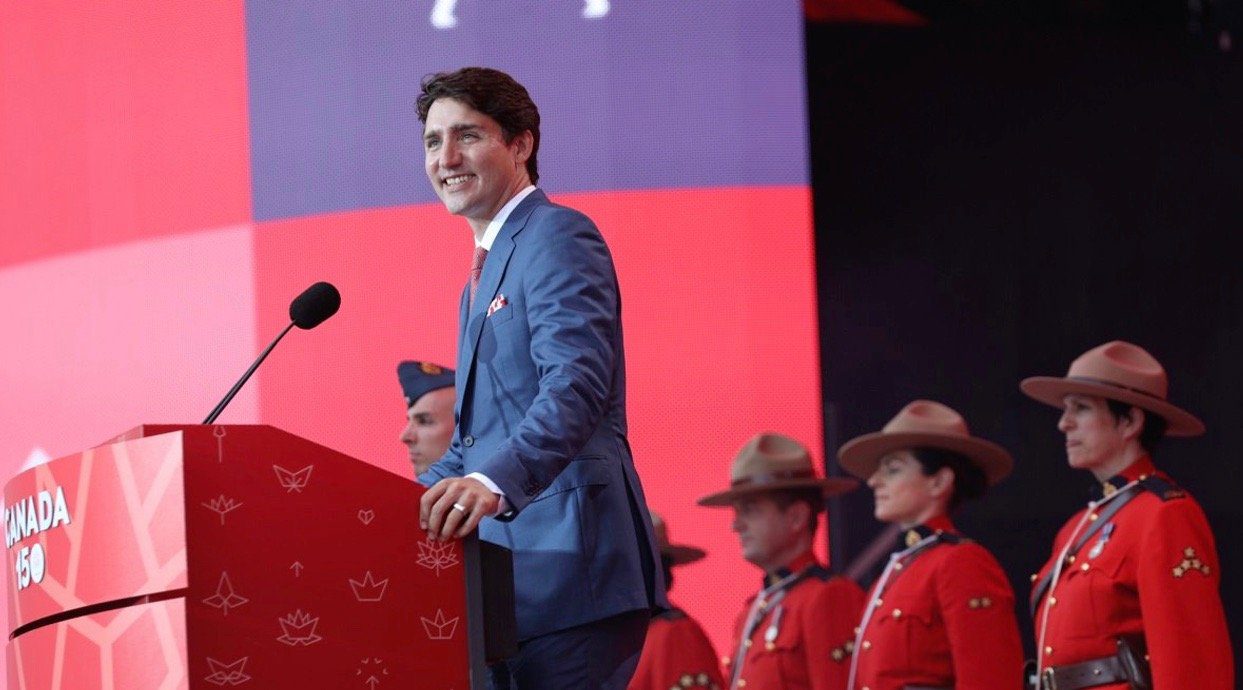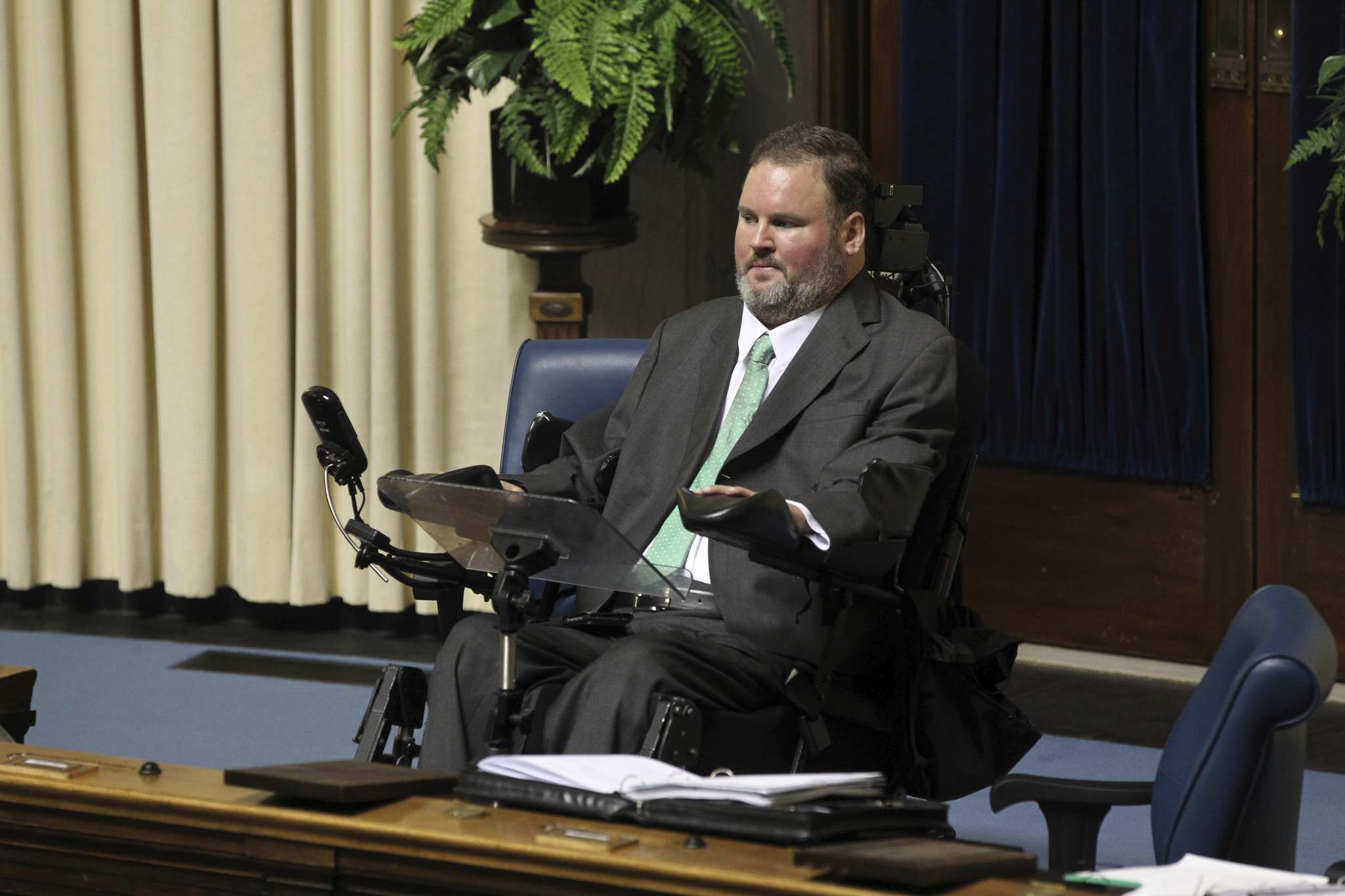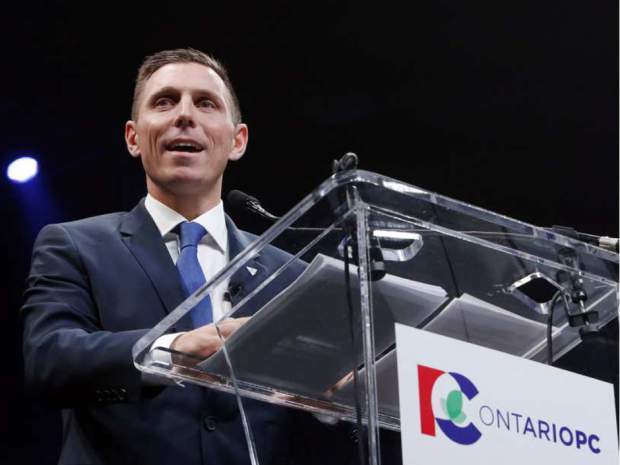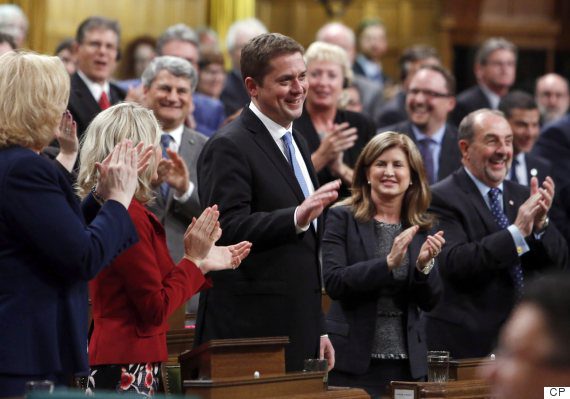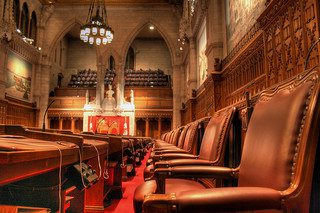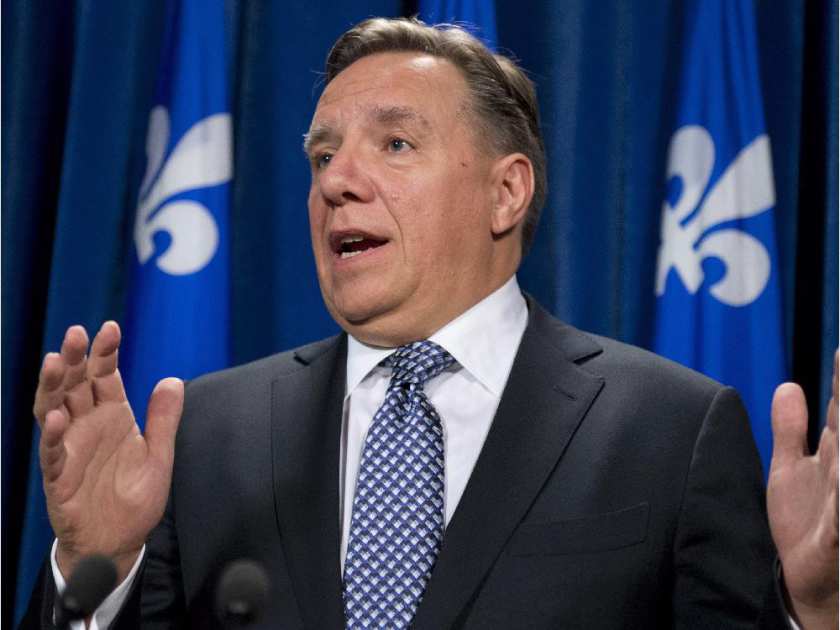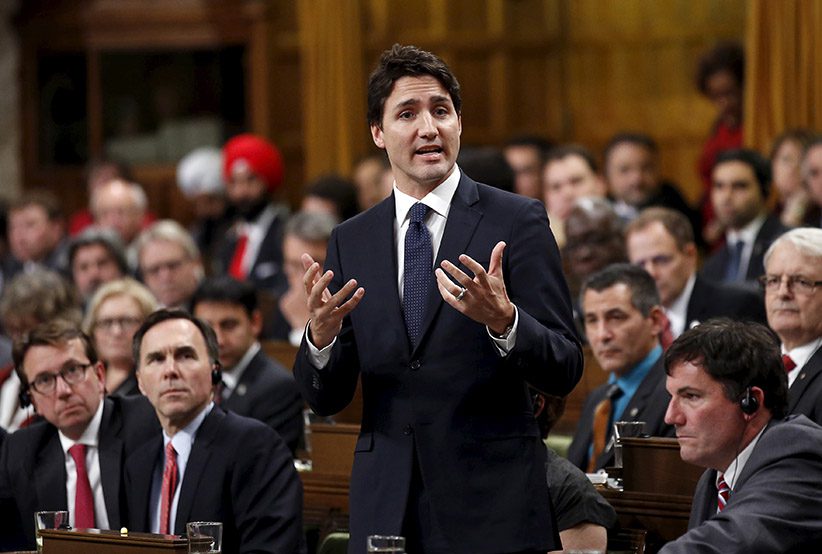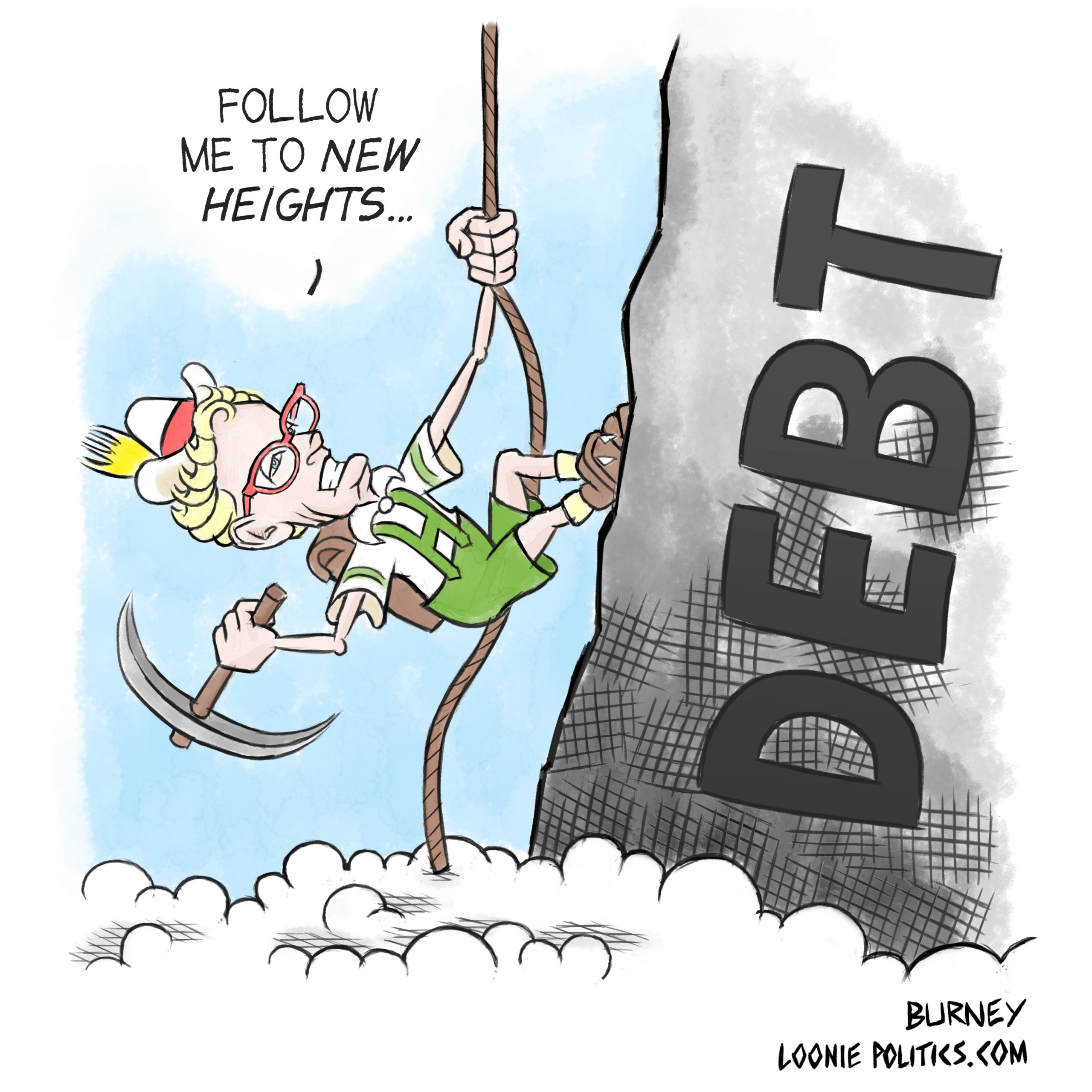For all the actual progress the Ontario Liberals have made in the fight against climate change this past decade, it's a shame the damage they've done to the cause long-term.
The damage might actually be worse than the successes. Because every time they tout a new green job, or point to the end of coal-fired power generation, a growing group of Ontarians have their blood pressure spike.
Every time Premier Kathleen Wynne talks about how the province is leading the way to a greener future, someone pops a vein in their forehead and starts shaking their hydro bills at the television. A combination of overly generous long-term green energy contracts, piss-poor opposition, and a hard-headed government, have increasingly linked "green energy" with "senseless waste."
Unlike most political bungling, this is one voters see every month when their electricity bills arrive. Rates have been rising for years, and stories of people giving up their homes because they can no longer afford to pay for them are profligate.
Whether that's fair is mostly beside the point. There's still a good chunk of the population that are willing to feel some pain now in exchange for securing a livable future for the world. As a friend recently said to me, the idea that Ontario is a world environmental leader is a powerful draw.
But while there are plenty of Liberal voters happy with this trade-off, there's a class of voters for whom this global leadership feels bought at their expense.
If you'll forgive me for a moment, I'd like to do a bit of gumshoe punditry and make my point with a personal anecdote.
My father lives in a semi-rural part of Ottawa, and on phone calls home, our conversations will almost inevitably turn to hydro prices at some point. This started reasonably enough, one of his neighbours cashes a generous monthly cheque in exchange for the power from his rooftop solar panels, and he'd tell me about this with a hint of awe. A bitter edge has creeped into these discussions recently.
And as that bitterness has increased, the farther afield his gripes have become. What started as an annoyance about long-term solar contracts has turned into something more. He started dropping complaints about carbon taxes and the Paris agreement cash grabs, and I realized something else may be going on.
What I think has happened is that years of high hydro bills and bad politics have turned someone skeptical of green policies outright hostile to them. High prices have made the more absurdist arguments from talk radio seem more reasonable. From there, I've started to wonder what other damage Liberal bungling has done to the anti-climate change cause.
So, maybe I'm generalizing based on my own limited personal interactions. (Hey look, at least he's not a cab driver.) But I think there really is something here.
Now, I should say that these policies no longer affect me. I live in Quebec, and if you're reading this in Ontario, you might literally die if I told you what it cost to power this three-bedroom apartment. So let me just put it this way, we pay less now than when we lived in a one-bedroom where hot water and heating was included in the rent, neither of which are now.
Anyway, Wynne has acknowledged the folly of some of these policies, and the harm they've done. Her promised relief comes in the form of rebates bought with debt. But this won't do because they've simply kicked the can down the line. Your relief now means someone else's pain later. Besides, if people feel they've been screwed out of money for years, no amount of sorries are going to turn that around.
But what happens when, say, a federally mandated carbon tax comes along? Or when the next renewable initiative comes along. There's been a lot of political capital that's been burned up already in getting the policies to where they are now. And at the same time they're using up their good will with the public, they're actively turning people into opponents.
I don't know what this means for the next provincial election. The Liberals have pulled out victories against extremely long odds before. But I do worry what it means the next time the government needs to take action to curb carbon dioxide emissions.
The Ontario Liberals have set in place the foundation for a counter-reaction to their entire green agenda. I'm not sure they've thought through the consequence of that.
This might be the high water mark for green energy in Ontario. It's best you appreciate it now, because it may not last.



